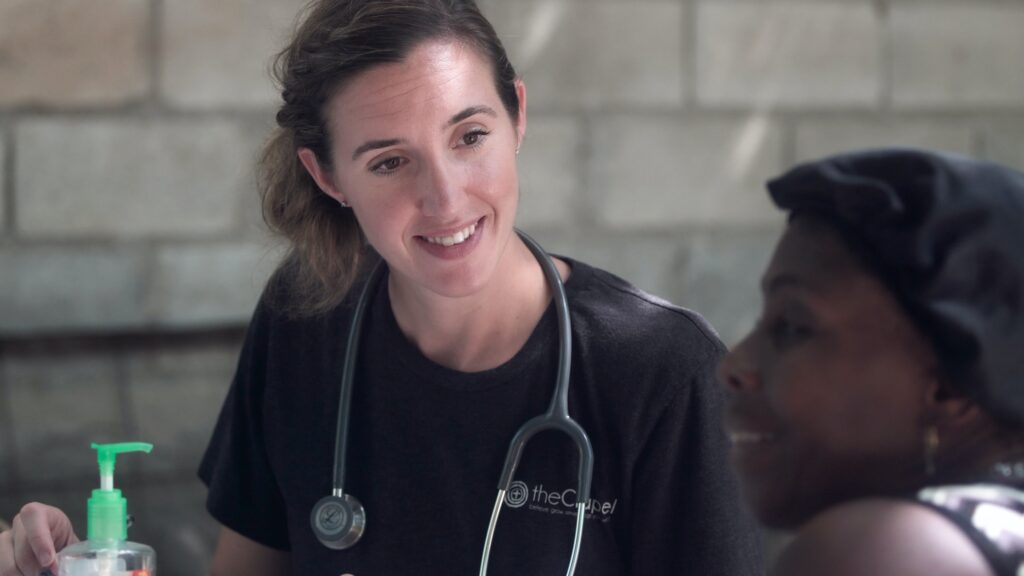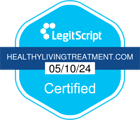What are the Causes of Drug and Alcohol Addiction
Environment
Usually, someone experiments with drugs or alcohol because of their environment. Peer pressure from friends in college may lead to the first drink of alcohol or the first puff of a marijuana joint. This later turns into a ritual activity in circles of friends, and the addiction starts to form.
It is essential to have the correct, supporting environment during and after recovery for higher chances of continued sobriety.
Trauma or Mental Illness
Drugs and alcohol disconnect the mind and body from the current state of reality. When someone is battling with a mental illness, such as Post-Traumatic Stress Disorder, depression, or ADHD, using substances seem to help cope with anxiety, depression, and loneliness. In reality, it makes these problems worse.
Trauma and mental illness can not be cured by drugs. It is important to address the root cause of substance abuse, mental unease. This is why we have a therapist and counselors on site every day to help our patients work through trauma and mental illnesses.
Genetics
If a blood relative, such as a parent or sibling, has addiction problems, it is more likely that the children will develop drug or alcohol addictions as well.





 <!—->
<!—->
